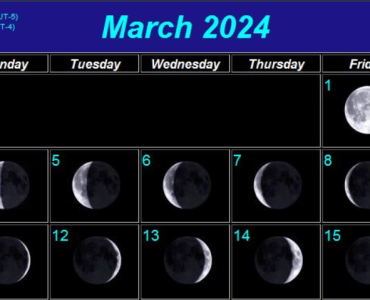The word ‘sefaat’ means to help someone or to assist him while asking something from someone else. It is mostly used as the taking under protection of a person of a lower stage by a respected one; a human protectorate[1].
This type of relationship is widely known and applied by people. The Glorified Allah commands: “Whoever joins himself (to another) in a good cause shall have a share of it, and whoever joins himself (to another) in an evil cause shall have the responsibility of it, and Allah controls all things” (An-Nisa/ The Women 4:85)
The term ‘seffat’ is used to define the action of someone’s support toward Allah, from a respected person. Allah doesn’t accept such a behavior, He commands: “And be on your guard against a day when one soul shall not avail another in the least, neither shall intercession on its behalf be accepted, nor shall any compensation be taken from it, nor shall they be helped” (Al-Baqara/ The Cow 2:48)
“And warn with it those who fear that they shall be gathered to their Lord– there is no guardian for them, nor any intercessor besides Him– that they may guard (against evil).” (Al-An’am/Livestock 6:51)
“Say: Allah’s is the intercession altogether; His is the kingdom of the heavens and the earth, then to Him you shall be brought back.” (Az-Zumar/ The Throngs 39:44)
“Say: I do not control any benefit or harm for my own soul except as Allah please; and had I known the unseen I would have had much of good and no evil” (Al-A’raf/ Purgatory 7:188)
Ummu’l Ala from Ensar tells: “After the kura between the refuges Osman b. Maz came to our house, where he settled. Latter he got the disease that became the reason of his death. After dying and being put in a coffin made of his own clothes, Mohammed (s.a.v.) entered. Then I said: “Ebu Saib[2]! May Allah show His mercy upon you, I witness Allah proffered you.” Then Mohammed (s.a.v.) asked: “How do you know that Allah proffered him?” “I would sacrifice my father for you, the Prophet of Allah, who is proffered by Allah?” I asked, and Mohammed (s.a.v.) said: “The inescapable truth came to him. And I swear to Allah I expect only good things for him. But although I am Allah’s Prophet I swear to Allah I don’t know myself how I will be awaited.”
As the untrue believers see Allah similar to the worldly kings, they look for someone to protect them from His punishment. According to them this person should be someone close to Allah; someone He won’t say ‘no’. The untrue believers of Mecca thought their idols to be like that. The Glorified Allah commands: “And they serve before Allah what can neither harm them nor profit them, and they say: ‘These are our intercessors with Allah.’ Say: ‘Do you inform Allah of what He knows not in the heavens and the earth?’ Exalted is He, and He is high above what they join with Him.” (Yunus /Jonah 10:18)
If the protector is someone that will save the person from Allah’s punishment, then he is more powerful and more merciful than Allah. Someone like that can only be another god. Catholics, aware of this fact, as if they wanted to improve their shirk declare: “Jesus advocates the Christians to His Father. He is always alive to mediate between Christians and His Father. He is always ready for them, in the presence of His Father[4]. His power is more than sufficient in saving the ones that approach God with his sustenance.[5]”
According to Ebu Hureyre when the verse: “”[6]was transmitted the Prophetof Allah made this speech: “People of Quraish! Help yourself; I can’t do anything for you near Allah. You, the sons of Abdumenaf! I can’t do anything for you near Allah. (Then he turned to his uncle)You Abbas son of Abdulmuttalib! I can’t help you near Allah. (Then he turned to his aunt) Safiyye! I can’t help you near Allah. (At last he turned toward his daughter) You Fatima, Daughter of Mohammed! Ask whatever you desire from my possessions, but in front of Allah I can do nothing for you.” (Bukhari, Vesaya, 11)







Add comment